Radioactive waste agency backs Swiss storage site referendum
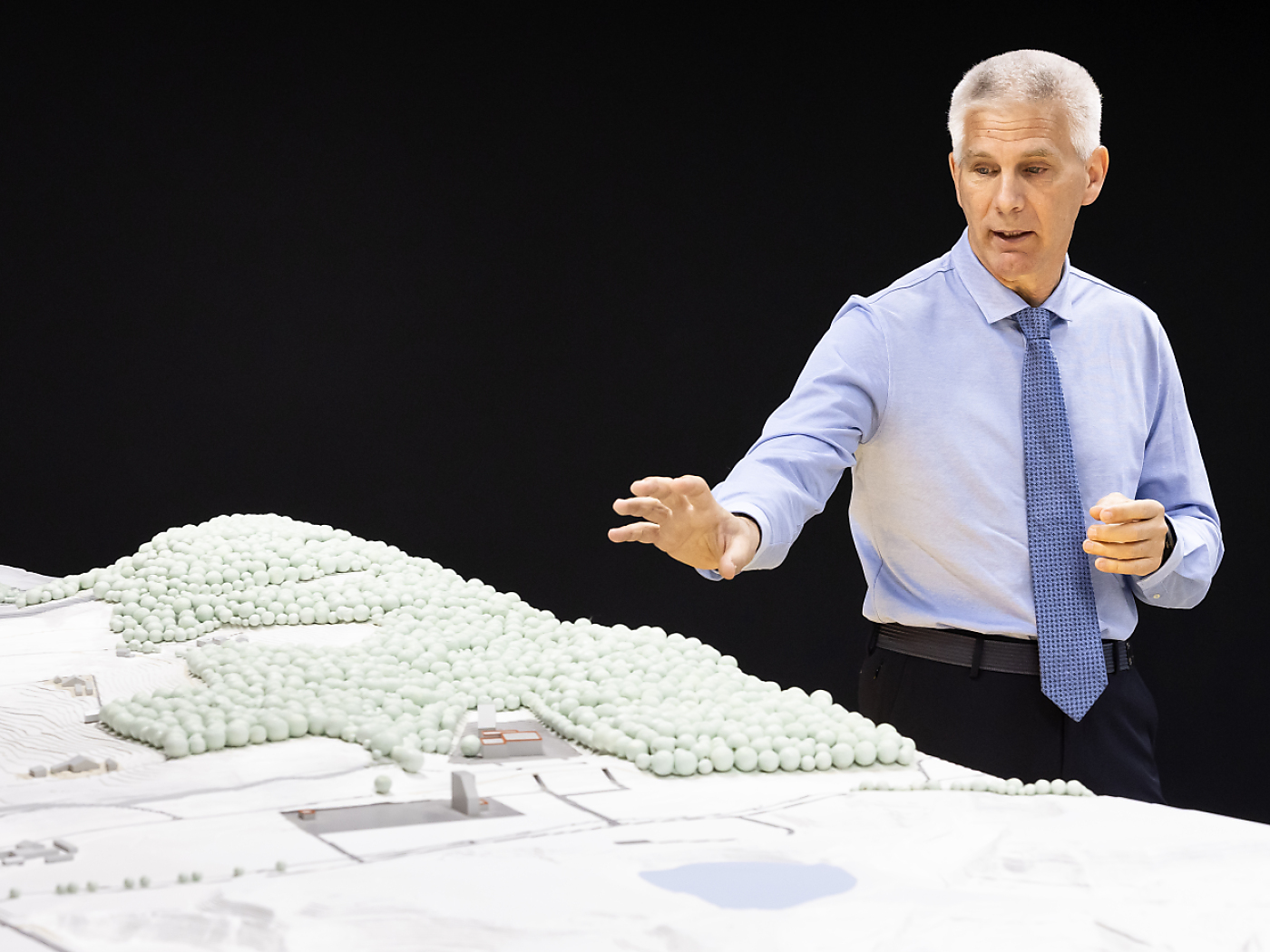
The National Cooperative for the Disposal of Radioactive Waste (Nagra) would welcome a public vote on a proposed landfill storage site in Switzerland.
+ Get the most important news from Switzerland in your inbox
Nagra CEO Matthias Braun hopes that legitimization by voters in a referendum would speed up the process.
In an interview with the Neue Zürcher Zeitung newspaper on Tuesday, Braun said that a project of this size requires direct democratic legitimacy in addition to a technical review. The reason for the interview was the submission of the general license application for the deep geological repository for radioactive waste to the Swiss Federal Office of Energy on the same day.
+ Read about a Swiss invention to make nuclear power safer
Braun said it was right that the public should be concerned with the issue of a deep geological repository and the technical data. Objections could also block the process. “This makes it all the more important that there is a national vote on the repository,” he said. He would see any approval by the Swiss electorate as a “strong signal” to move forward.
Committee calls for referendum
Last week, a committee called for the national electorate to decide on the project after parliament. It stated that the electorate should have the final say on such a complex matter.
Opponents criticized the lack of a plan B and exit options, for example. They also complained that a landfill site for radioactive waste posed a danger to future generations, people and the environment.
Waste from existing plants
It has been known since September 2022 that the nuclear waste repository is to be drilled in the Zurich municipality of Stadel. “We are planning the planned deep repository for a volume of waste that will be produced during 60 years of operation of the existing nuclear power plants,” said Braun. A reserve has been factored in. Should Switzerland build new nuclear power plants in the future, there would be no room for their waste in the planned repository.
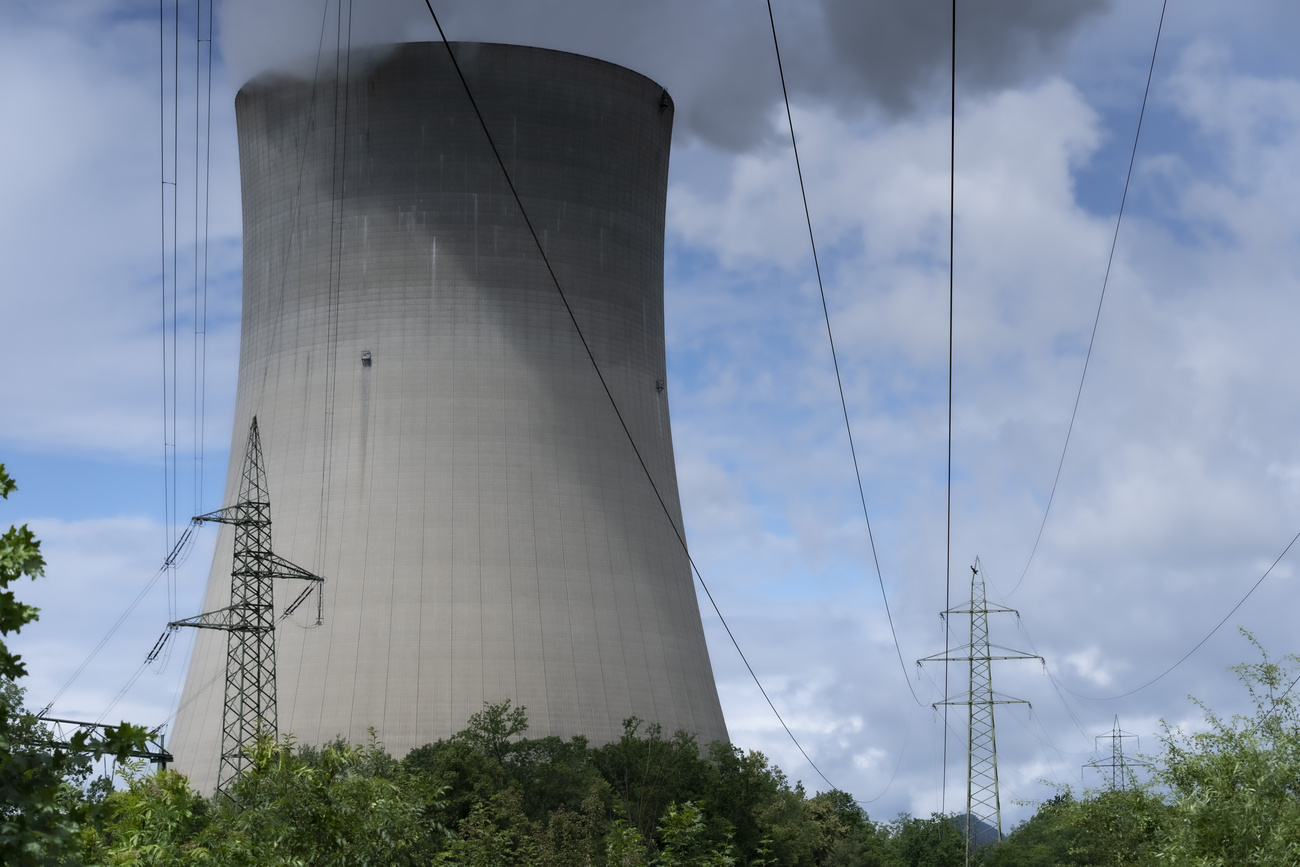
More
Fewer than third of Swiss back nuclear power
The responsible federal authorities will review the general license application for completeness by spring 2025. Only then will it be published. The Federal Council and Parliament will decide on the deep geological repository from 2029. Construction is scheduled to start in 2045.
“If voters reject the deep geological repository, for example in a possible referendum in 2030, the ball will be in the politicians’ court. A new process must then be initiated,” Braun said in the interview. Responsibility for the radioactive waste would then be handed over to the next generation.
Translated from German by DeepL/mga
This news story has been written and carefully fact-checked by an external editorial team. At SWI swissinfo.ch we select the most relevant news for an international audience and use automatic translation tools such as DeepL to translate it into English. Providing you with automatically translated news gives us the time to write more in-depth articles.
If you want to know more about how we work, have a look here, if you want to learn more about how we use technology, click here, and if you have feedback on this news story please write to english@swissinfo.ch.

In compliance with the JTI standards
More: SWI swissinfo.ch certified by the Journalism Trust Initiative









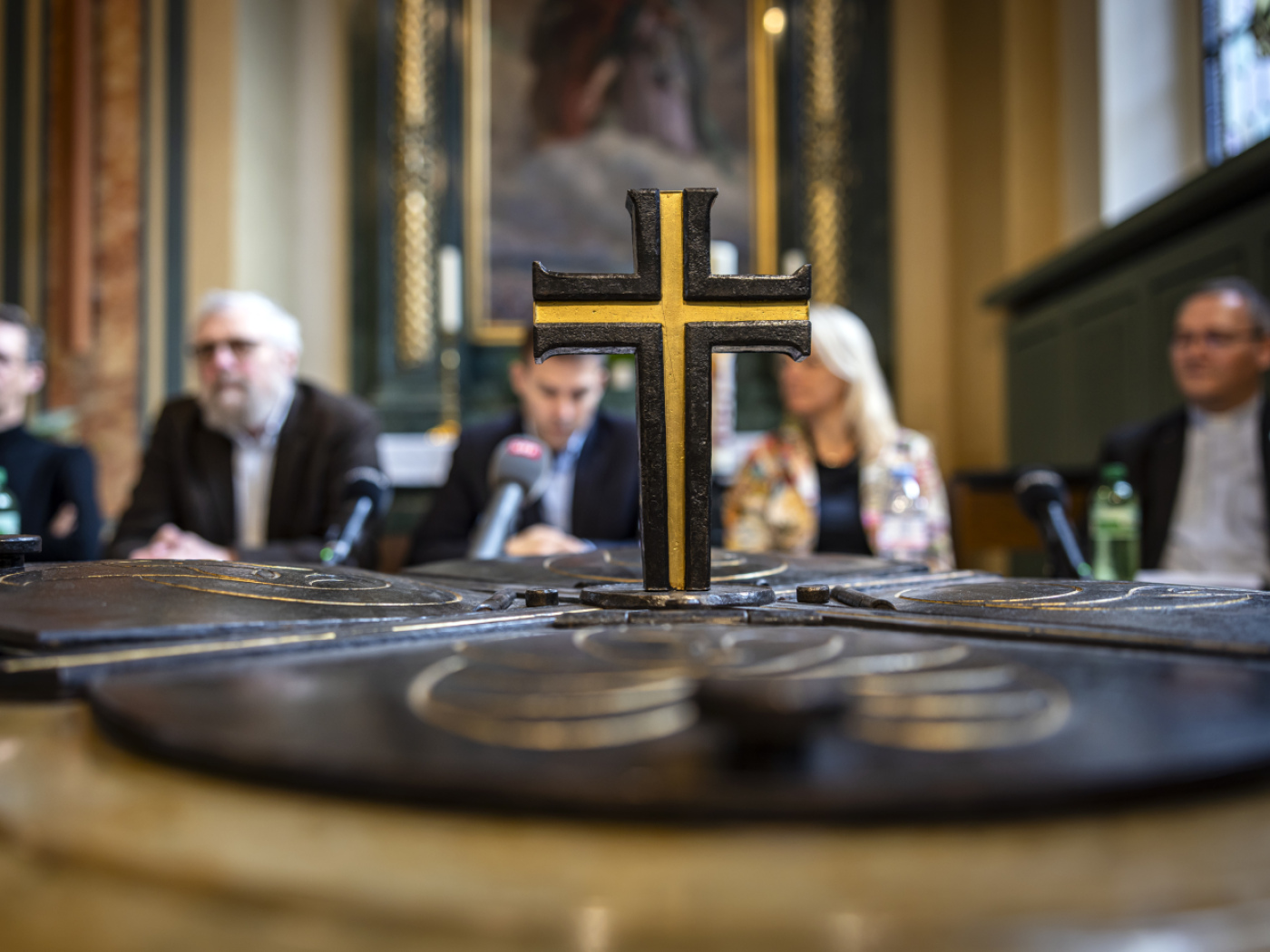
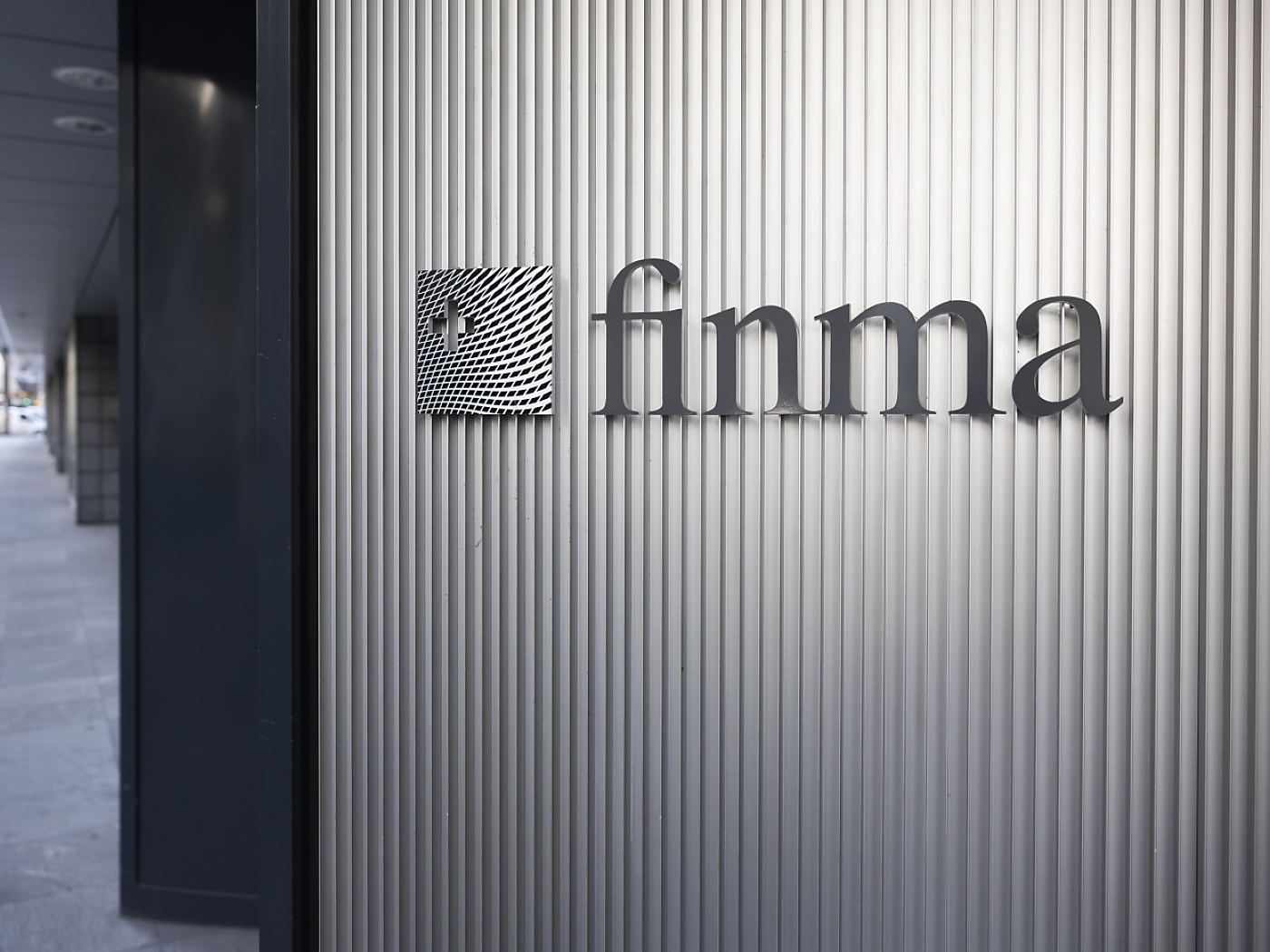
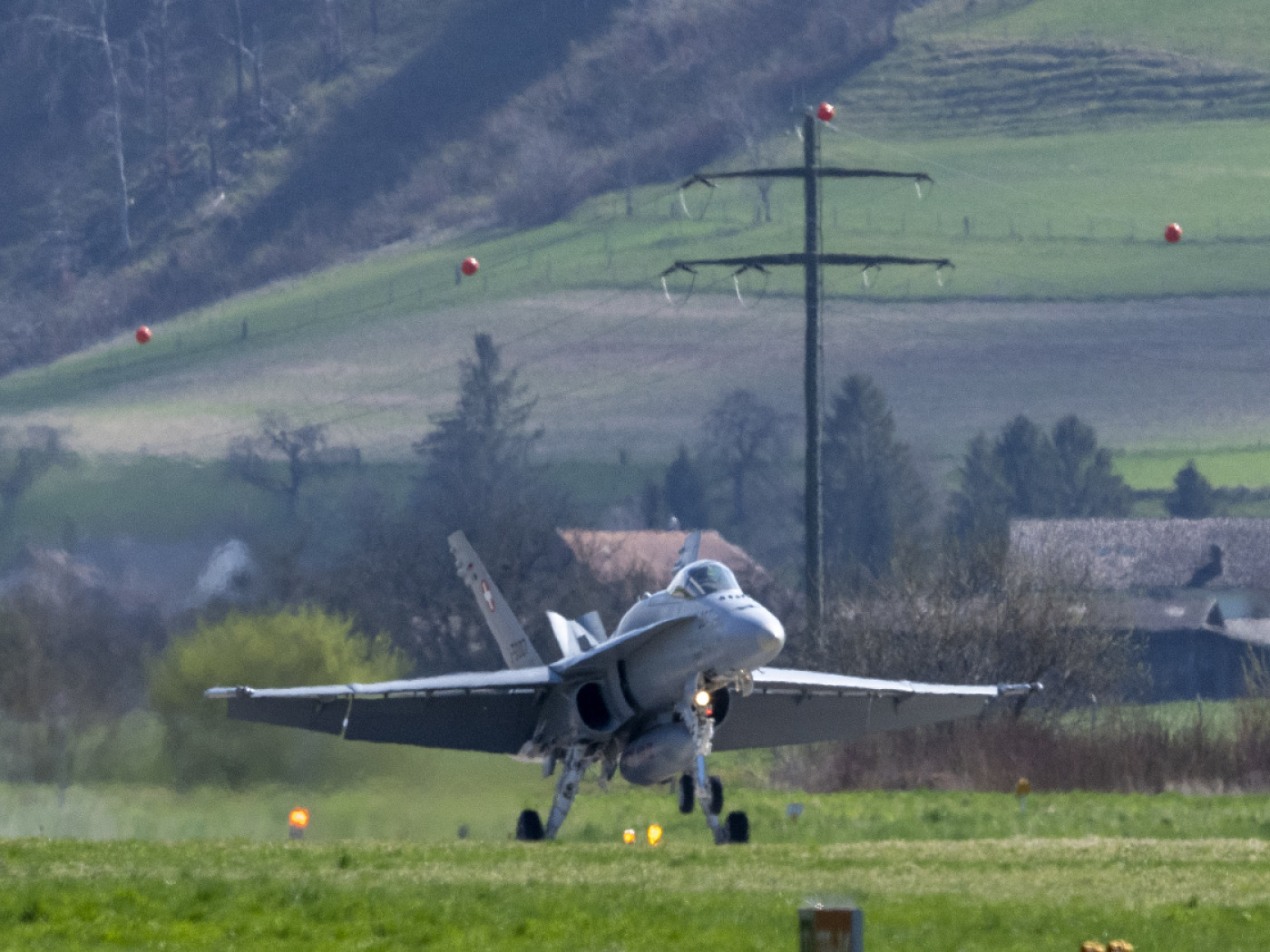
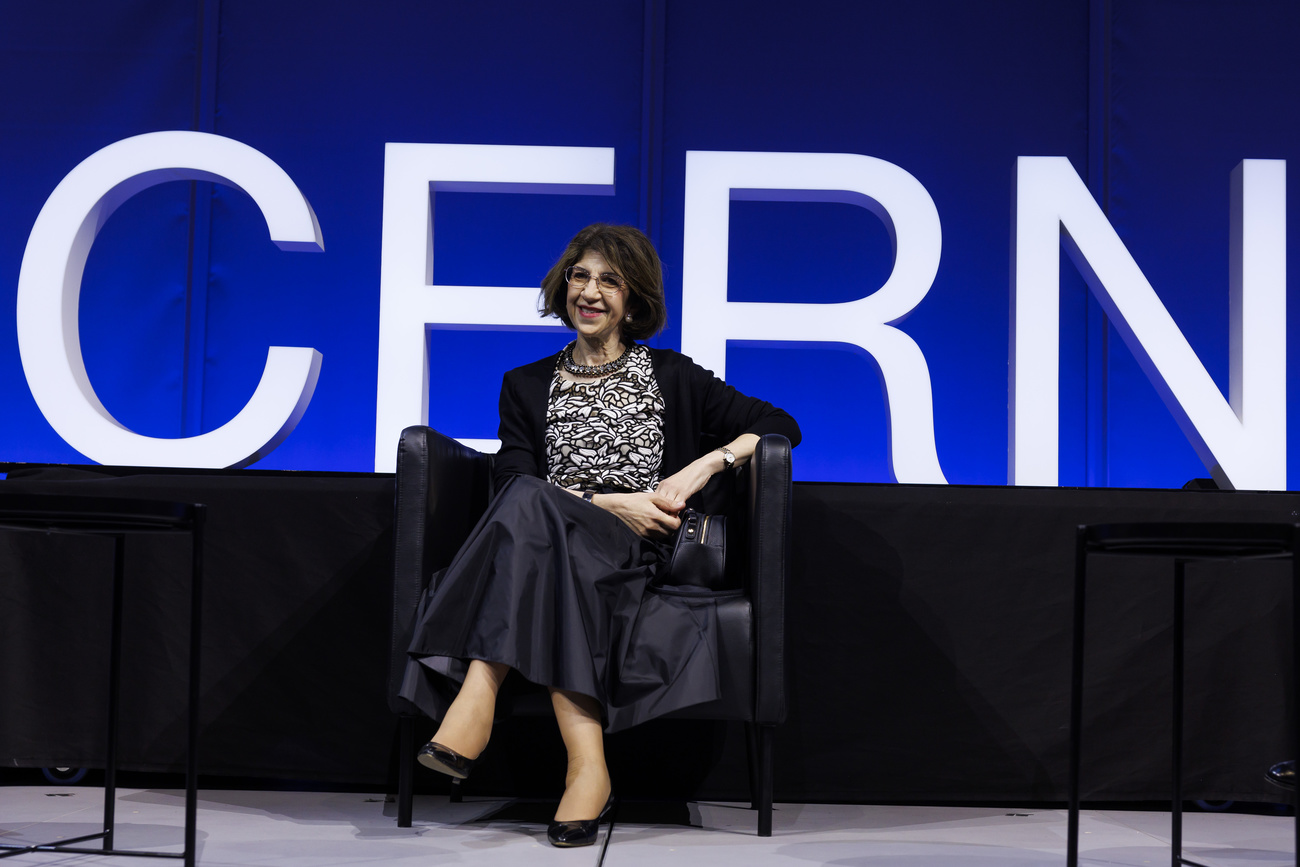


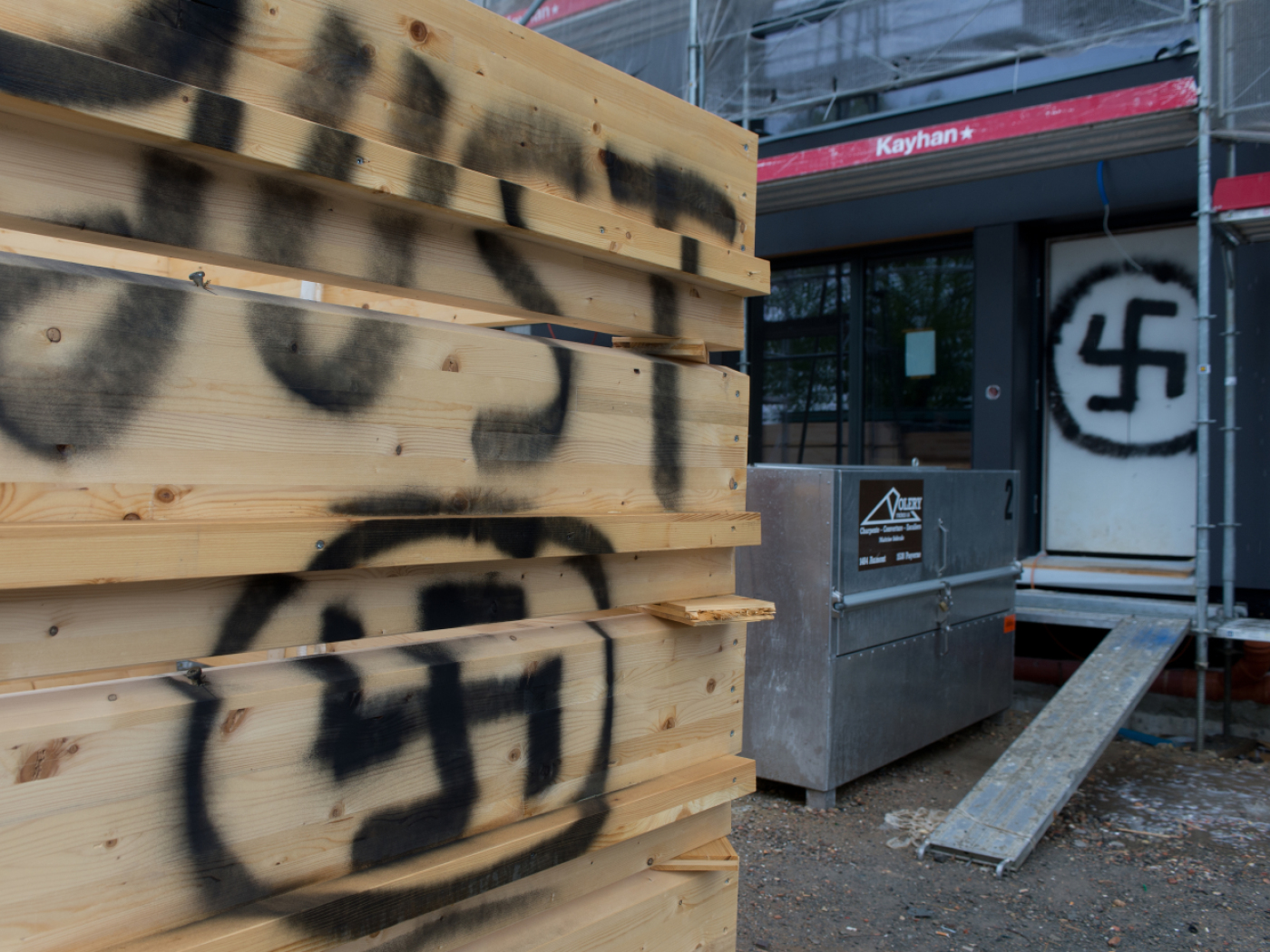
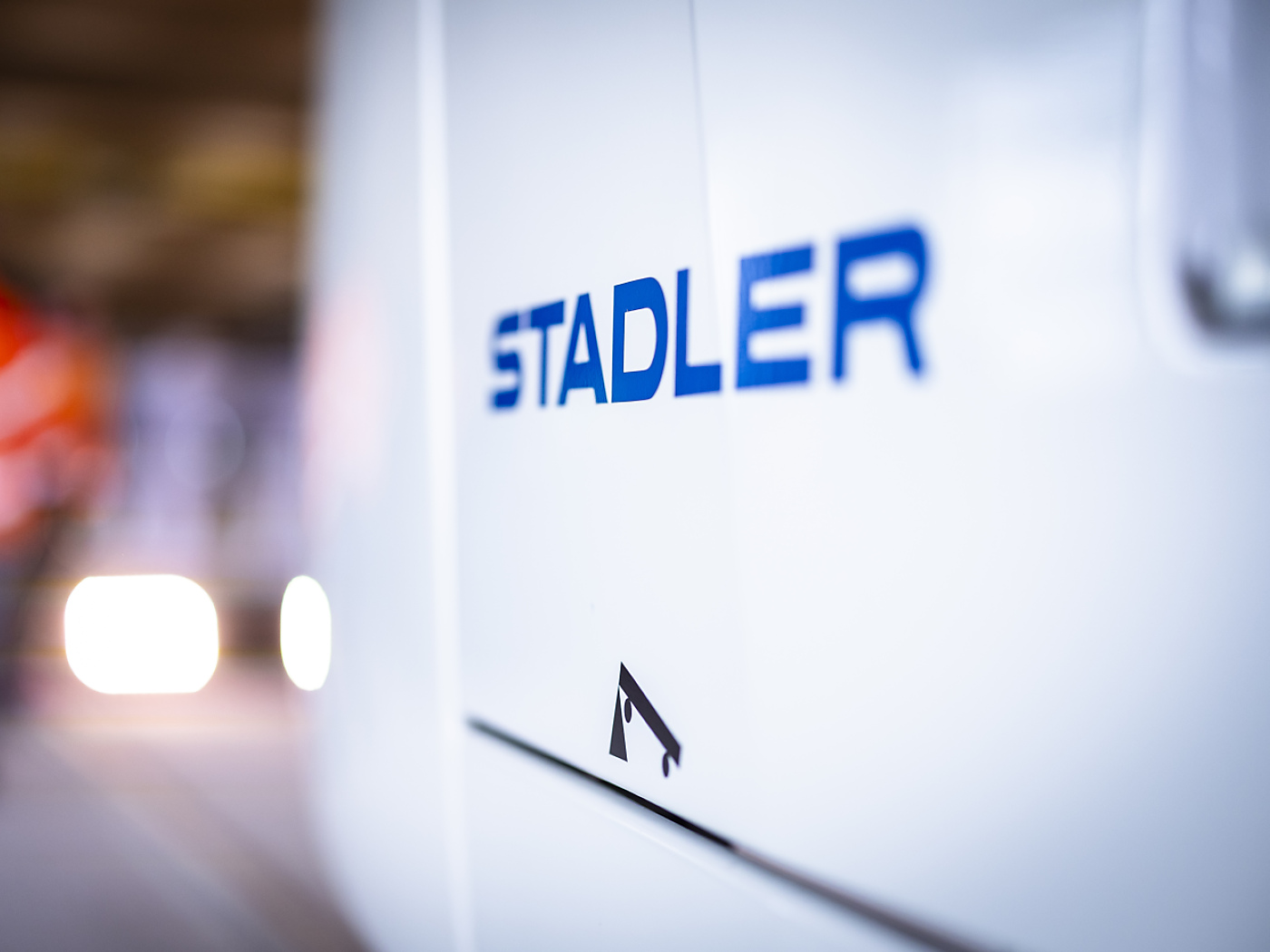
You can find an overview of ongoing debates with our journalists here . Please join us!
If you want to start a conversation about a topic raised in this article or want to report factual errors, email us at english@swissinfo.ch.